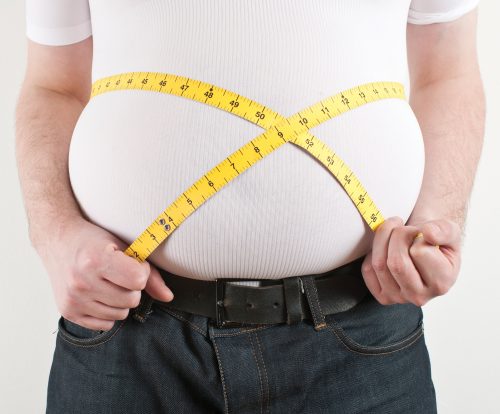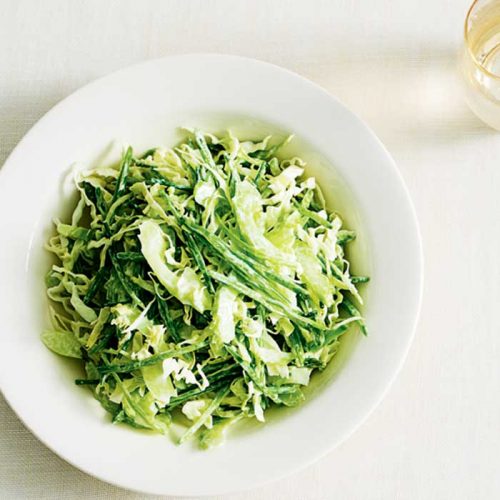
I’ve enjoyed watching the Prime TV series Why Are We Fat? The three-part series follows the journey of well-known Kiwi chef Simon Gault, after discovering he suffers from two of our most common health problems: type 2 diabetes and obesity.
As Gault embarks on his own health and fitness challenges, he also talks to experts about obesity and diabetes, how they’ve come to occur in such epidemic proportions and what some of the causes are.
It’s really good to see these broader issues highlighted. Emphasis on the proliferation of refined and highly processed food in our food supply, coupled with increasingly sedentary lifestyles, is something we don’t see often enough.
But what I thought was even more affecting was Gault’s personal journey. I admire him for being game enough to reveal his vulnerabilities to viewers as he struggled with learning the less-than-palatable truth about his health: his high body fat, his fatty liver, his woeful level of fitness.
Gault was clearly shocked, disappointed and downright scared at various points. The latter was clear when he visited a ward of patients suffering the complications of type 2 diabetes, including the loss of limbs.
What’s so important about seeing this man coming to terms with his own poor health and mortality is that it’s not something we see very often on our screens when it comes to Kiwi blokes. Simon Gault is well-known, but he’s also fairly typical of many Kiwi men.
Before his diagnosis, I doubt he would have thought there was much wrong with him. He didn’t look skinny, but he looked like a lot of Kiwi blokes. He was probably pretty similar to many of his restaurant customers.
Men and women are different – in many, many ways, as we all know and joke about. But one of the less funny and more dangerous ways we’re different is that men tend to spend more time in denial about their health.
It could be down to the fact that men see their GPs less.
Women usually need more ‘maintenance’ visits than men do, so problems get picked up earlier.
But it’s also possible that men suffer a different kind of social pressure to women.
Women are constantly bombarded with messages telling us to be youthful, slim and attractive. That comes with its own set of issues. But men face pressure that’s just as dangerous.
They get less of the slim and youthful pressure, but more of the blokey, ‘she’ll-be-right’, ‘stay strong’ pressure. A concern about and focus on health, well-being and healthy eating can be perceived as feminine, wussy or ‘for the girls’. Going out for a meal with the guys and choosing a lighter meal or not to drink can attract derision from mates. That attitude seems to prevail through all levels of society, from building site to boardroom.
If Gault has taught Kiwi males anything, it’s that it’s time to get over this.
Being a man means taking care of yourself throughout your life, not waiting until you get a wake-up call in middle age.
It means thinking about changing how you eat and how much you move as you get older; accepting that you can’t keep eating the way you did at 23 and still wear the same pants. It also means understanding that weight gain and associated problems are not an inevitable part of ageing.
Expanding around the middle is not something that just happens. Neither is a heart attack, high blood pressure, high cholesterol or diabetes. These things happen when we take our eye off the ball in regard to our health; when we stop putting time and effort into it.
We can reverse these problems – whether we’re male or female – when we realise, as Gault did, that the solution is not a short and sharp one. We can’t do a boot camp or a 10-week programme and then go back to how we lived before.
Living a long life, and staying well for all of it, requires lifelong change and lifelong good habits.
www.healthyfood.com
















